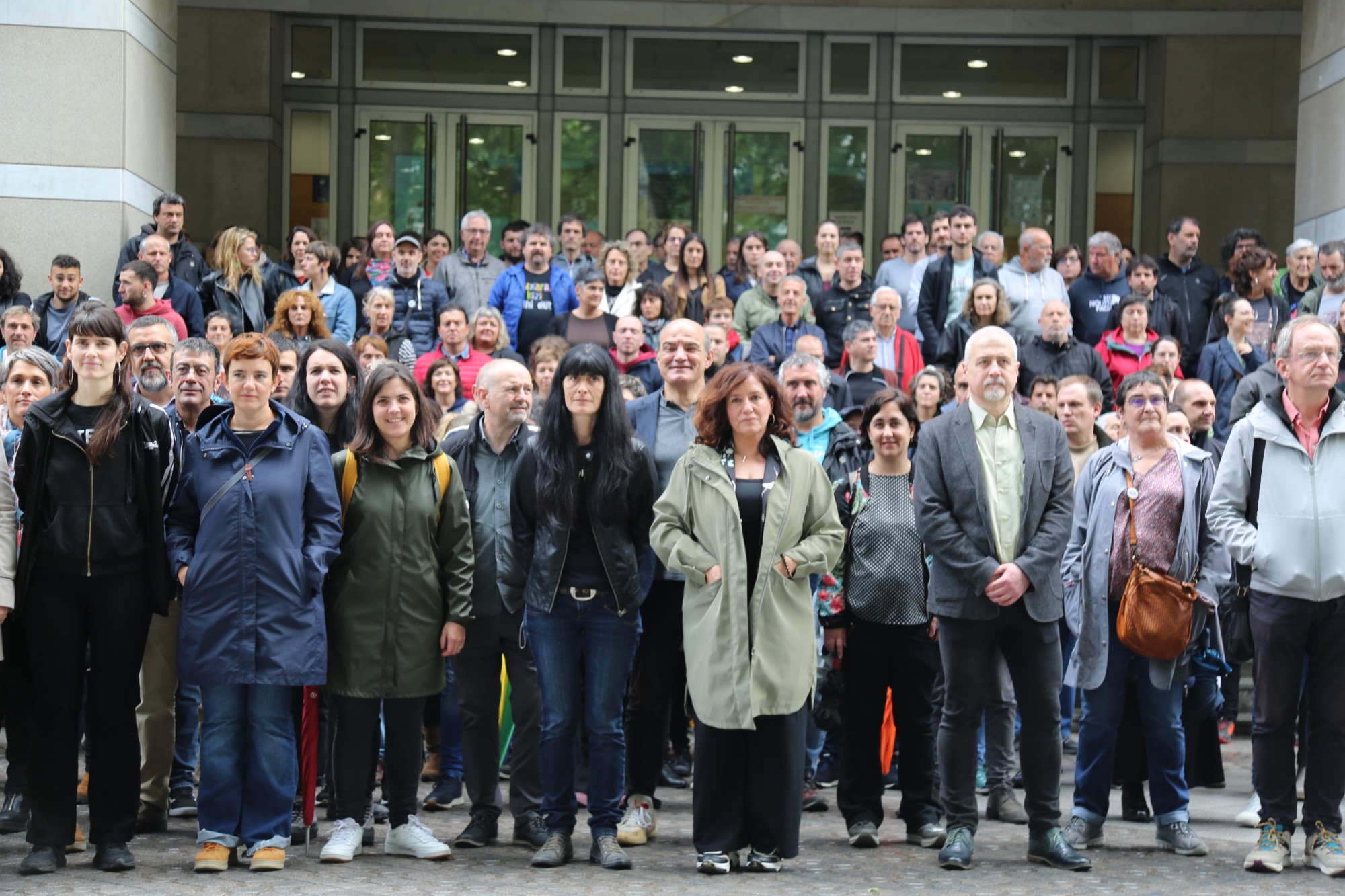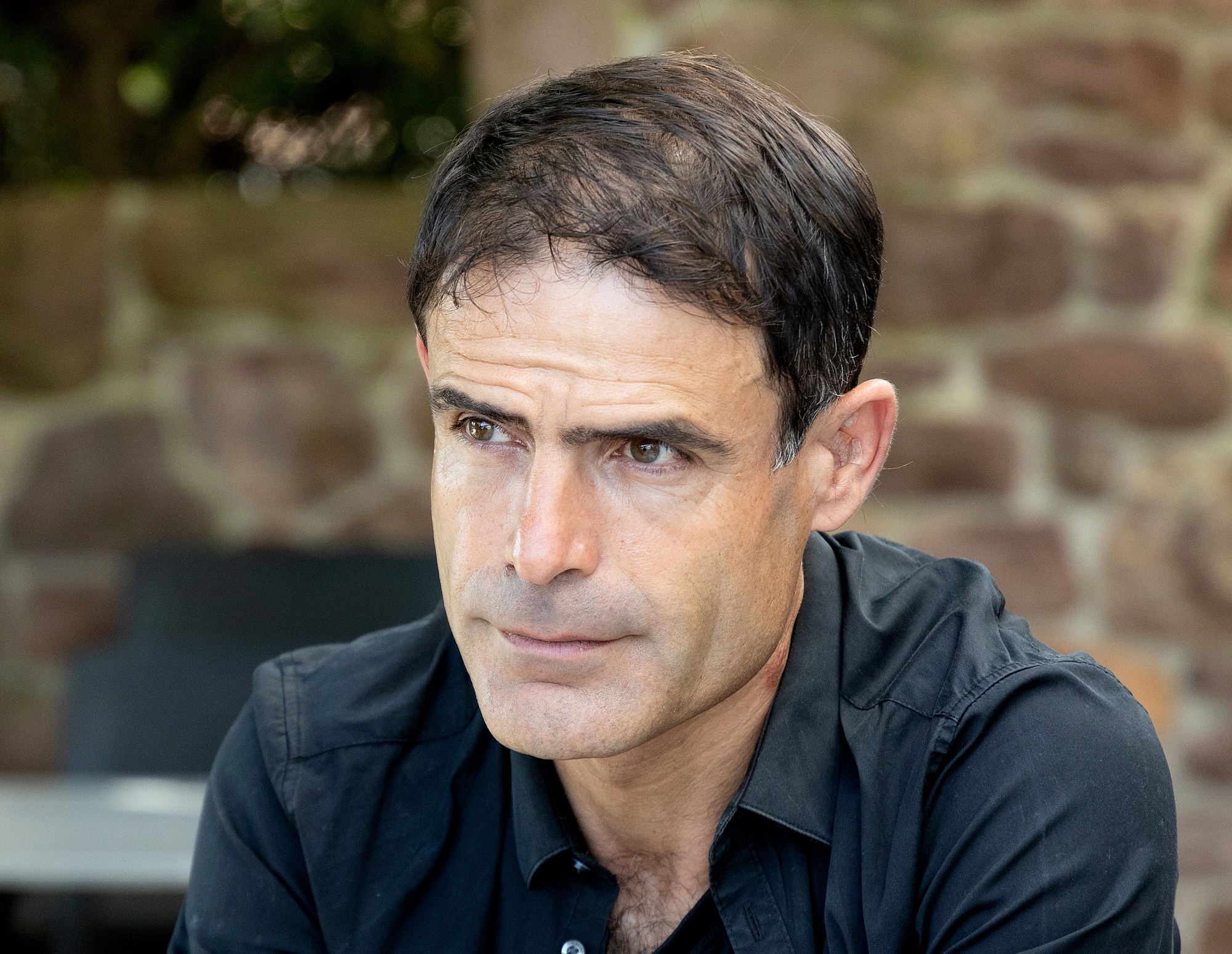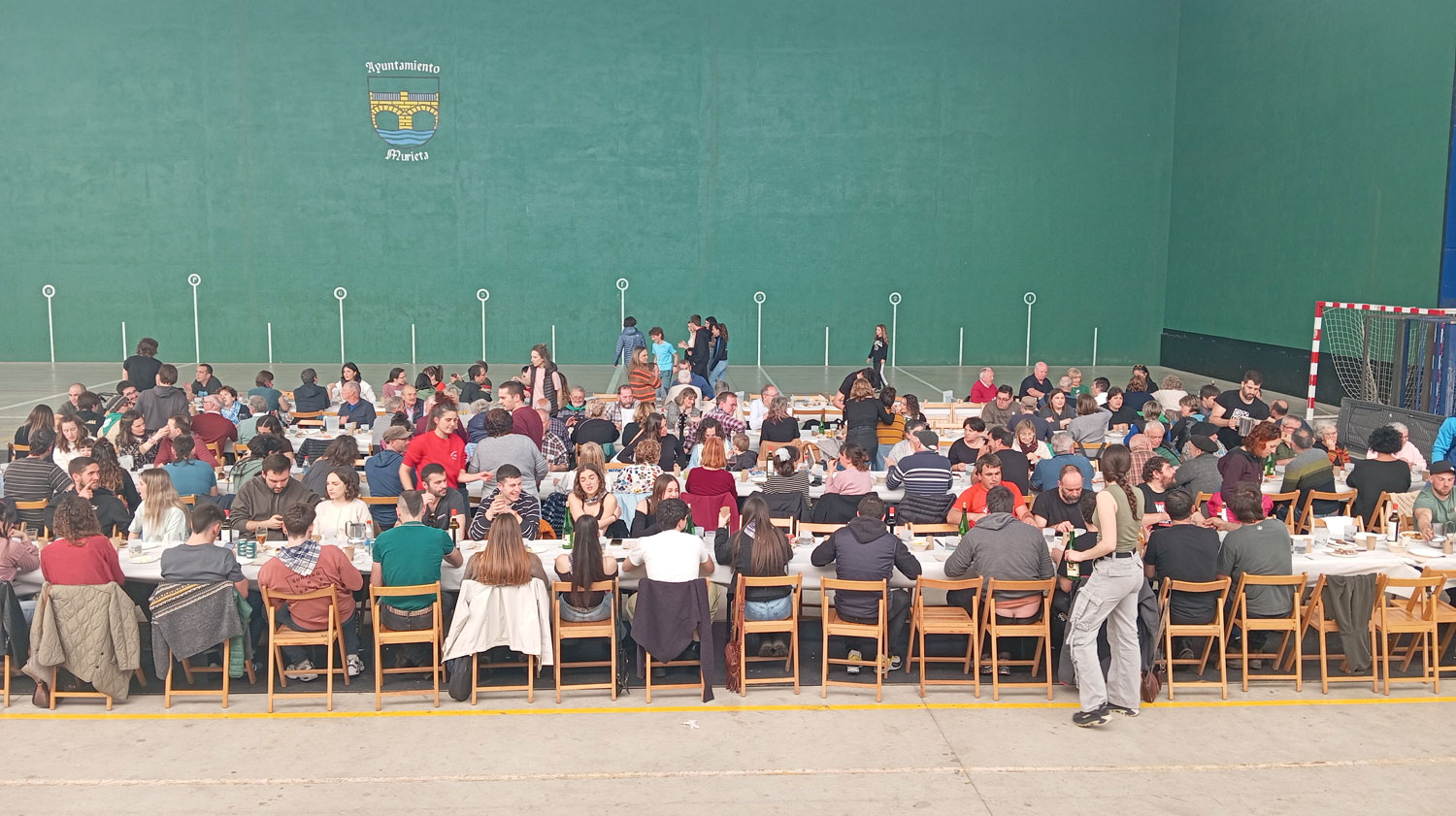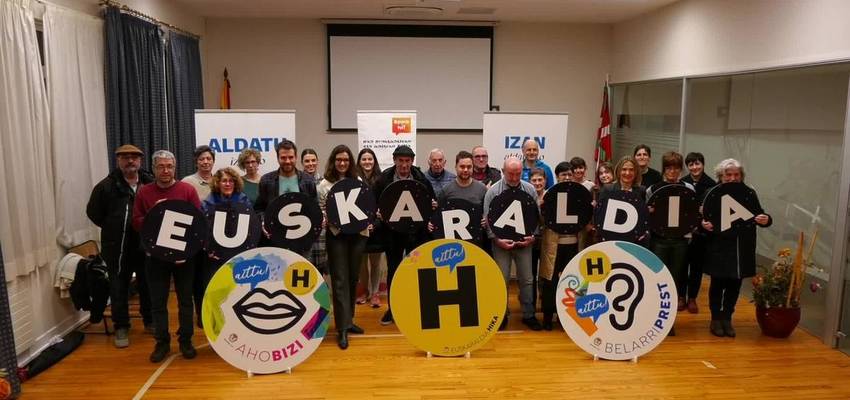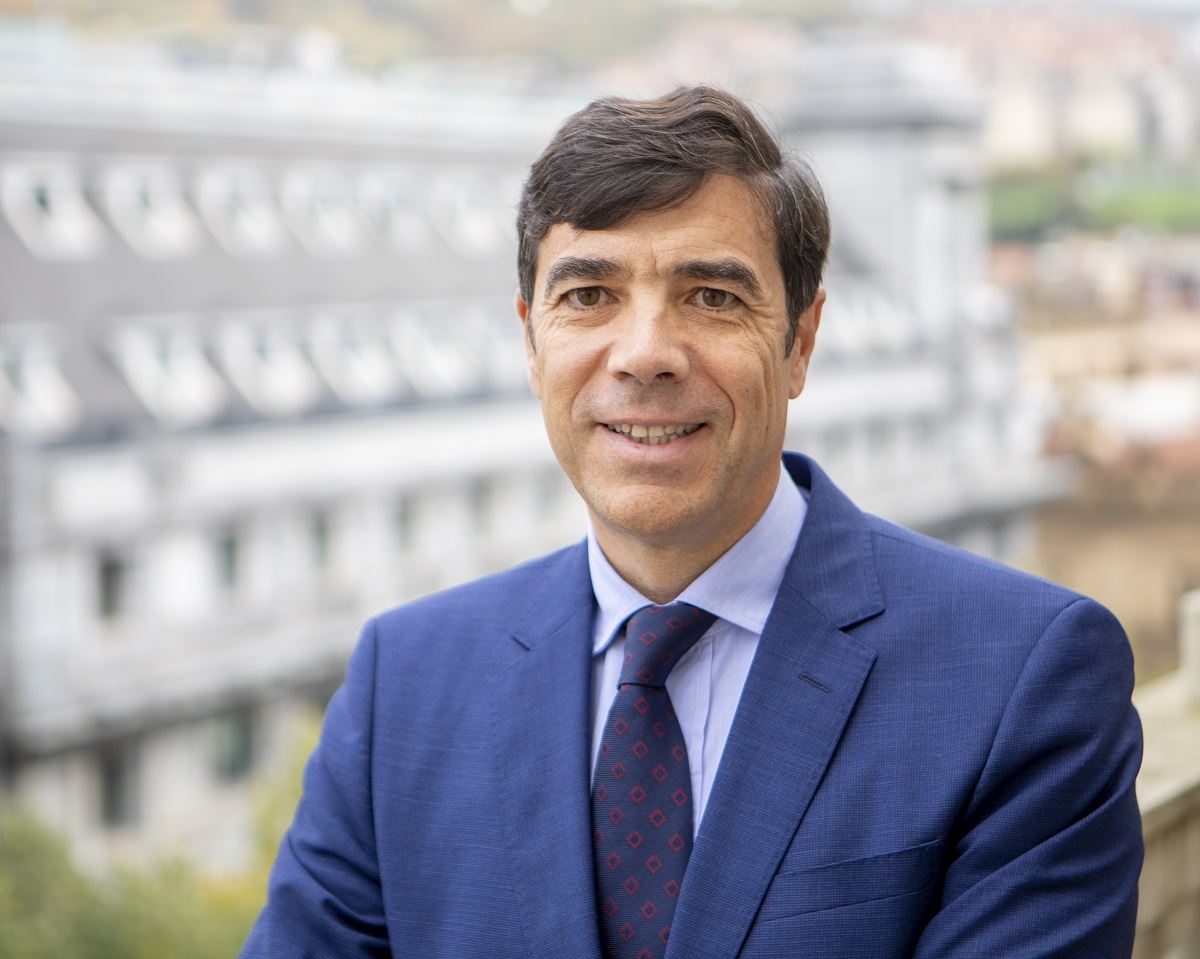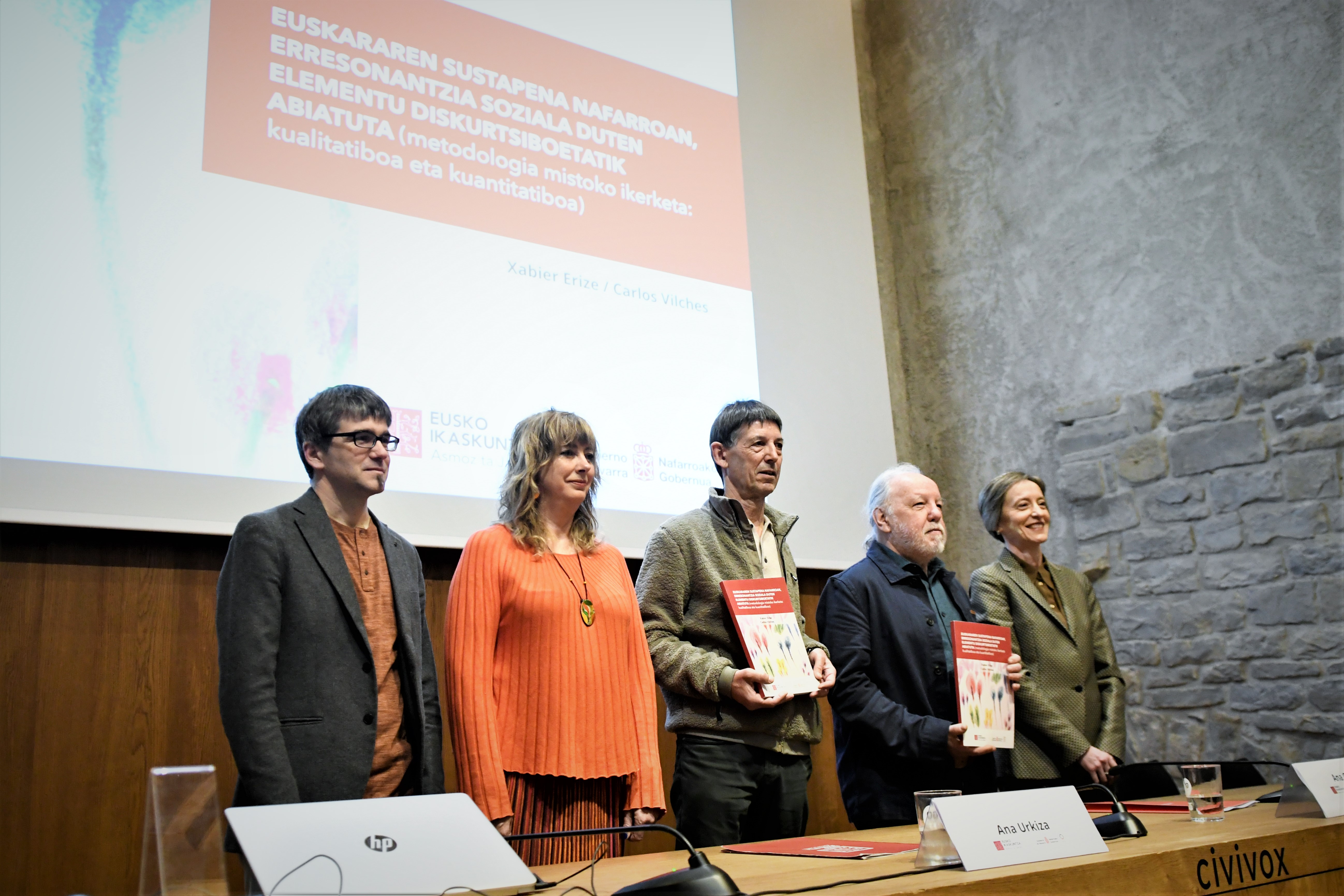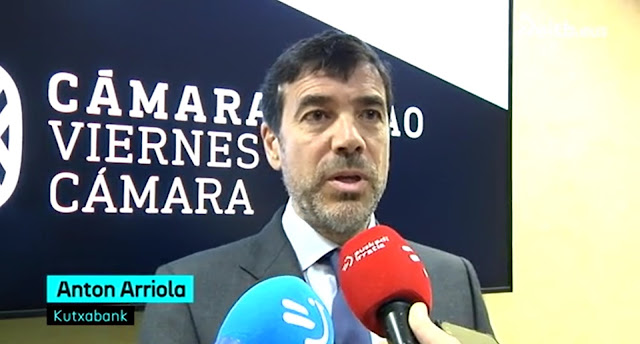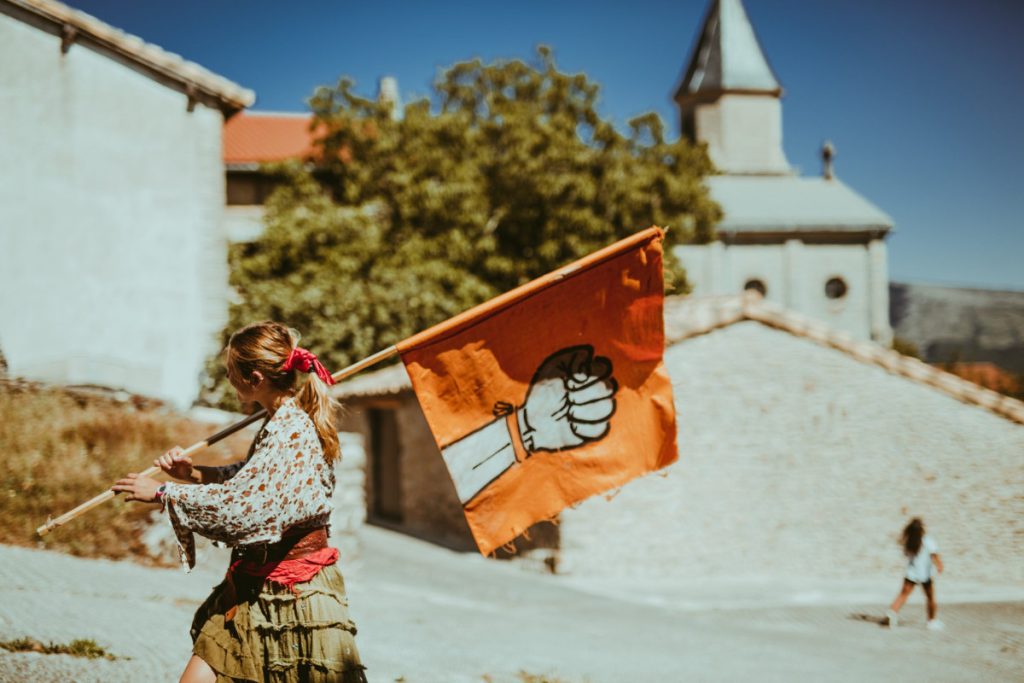More than 100 Basque students in Valencian Countries
- This course is special in several Official Language Schools of Valencian Countries. In Alicante and Castellón they have just begun teaching Basque classes. In Valencia, it is the third year of the Champions League. A change of government has been detected. Unlike many of the official language schools in the Spanish State, they are able to create a network between the three.
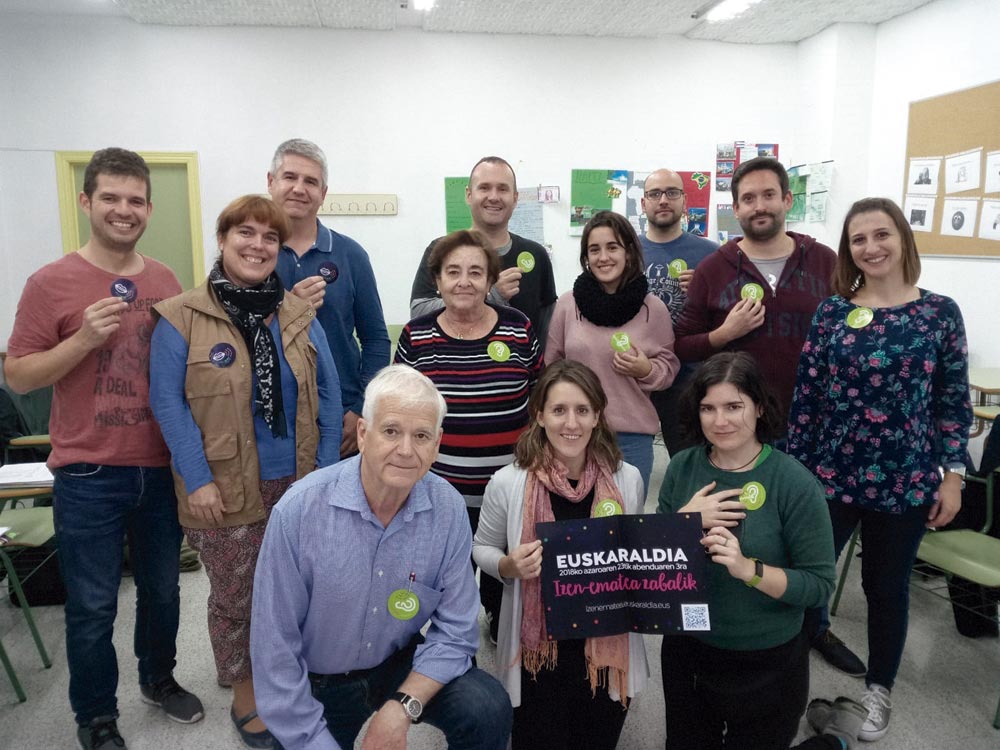
GARIKOITZ Knörr is a professor of Basque at the Official Language School of Valencia. The course starts in October and is the third. Two years ago, the Euskera Department started from scratch at the Language School. It's both a big challenge and an attractive one. Knörr is working very happy, among other things because his students have a “healthy motivation” to learn Basque. The professor laughs and says: “I haven’t gotten used to their motivation yet.”
We have to believe that those who register at the Language School are those who have gone there from Euskal Herria, but that is not the case. Only a few were born in Euskal Herria and as a child they went to Valencia. The teacher himself also expected more students of this kind. Most are local, Valencian, one from Cuenca and some of the surrounding area. It also has those who have gone from afar to live in Valencia: Italian, Russian, Belarusian, Romanian. Many are language buffs, they speak quite a few languages. Euskera is very attractive to language lovers. We ask the professor if they consider it a treasure: “It’s not mystical. They get curious, attractive. Sometimes I find it hard to understand their motivation and I admire my students.” There is also a student who as a child listened to Basque musical groups, and, of course, has decided to learn Basque. Someone has a partner from the Basque Country. Knörr was not expected, but also has in class someone who wants to learn Basque for work reasons. He has a student who would like to be a bus driver in Donostia-San Sebastián. However, he is the only one who is learning Euskera for work reasons. We ask him if everyone speaks Valencian and not, more than half is Valencian, but in class he has Castilian monolinguals. The professor acknowledges that being a Valencian speaker can influence the learning of the Basque language, but states that the monolingual Spanish of the class is as motivated as the rest.
70 students in Valencia
They want to learn the language, but they also want to practice it. Knörr states that there is a strong Basque house and publicizes its activities to its students. Last year, at the same Language School, they offered a small concert of villancicos at Christmas. An example of the students’ passion is that when they have offered in Valencia the film Black is Beltza they have gone many to see it, “where the Basque culture, my students go there”. They will not miss Euskera and Euskaraldia Day. They will have a workshop of Basque dances and conferences, and although the level of Euskera is very low, they will take a picture in favor of Euskaraldia to show their support. The 70 students are divided into three levels. Once the second category is finished, they obtain level A2 and, once the third is finished, they have already completed the first year of level B1. The idea is that students have up to level C1. Some students have had direct access to the second and third grades, but many have started from scratch. In Valencia we talk about people who don’t know what “yes” and “no” are when they say what starts from scratch.

Government impetus
For the first time in Valencia, Alicante and Castellón, this year we will be able to teach Euskera in three cities of the Valencian Countries. In Valencia, Euskal Etxea teaches earlier. It is not by chance, it is the PSPV (Socialist Party of the Valencian Country), formed by Compromís and supported by Podemos. Garikoitz Knör had the opportunity to speak with the head of Linguistic Policy of Valencia and says so: “You can almost say that it was your bet, it seemed absolutely logical to him to teach the languages spoken in the Spanish State. It seems that it is the founding intention of the Official Language Schools.” For the professor, they have risked because they might not have students and their political rivals would have thrown defeat in the face. However, nothing like this has happened.
News from Alicante Prepared for the Basque Country
Izaskun Kortazar has just started teaching in Alicante. It has 30 students and says they are fully motivated. They've got very low Basque or they don't know anything, they've started at level A1. Learning motivations and profiles of people are very varied: Born in the Basque Country; friends in the Basque Country who want to learn Basque “with respect to friends”; who go on holiday and attract languages and cultures; who know four and five languages; who, being speakers of Valencia, have sensitivity for the relationship between the main language and the small one; for the melody of the Basque Country; who want to know the peninsular languages; who want to overcome oppositions in Basque. From a 20-year-old to an 84-year-old English teacher. English and Valencian teachers are quite a lot of them.
Professor Kortazar has tried from the very beginning to bring culture closer together with language, and when he has made them a small championship over the Basque country he has realized that they know a lot about language.
Since pupils do not have an exclusively linguistic interest, the teacher is preparing a series of extracurricular activities. They will celebrate Basque Day, then the villancicos, Santa Águeda and Korrika will come. Kortazar also has in mind the possibility of going to the Ibilaldia or the Tour Kilometers of the League.
They also remember Euskaraldia and they will do so in their own way. In class they will be belarriprest or ahobizi and try to keep the Basque without resorting to Spanish, with the help, among other things, of the books they will have on the table. Over the Internet, they will present their heads in Basque and will do their best in Basque. The teacher proposes to be ahobizi in Valencian on the street. Thus, they will be able to experience similar sociolinguistic feelings. You will notice that you know Valencianism more than you think and you will notice good and bad postures when you do it in Valencian.
Izaskun Kortazar and GARIKOITZ Knörr are pleased that from now on they can form a network between Valencia, Alicante and Castellón.
Aberri Eguna elkarrekin ospatzeko xedez sortu zen Euskal Herria Batera plataforma. Aurten, ikusgarri bat eskainiko dute apirilaren 11n, Manex Fuchs antzerkilariaren, Lorea Agirre idazlearen eta Martxel Rodriguez dantzariaren eskutik.
Gozamen aparta bezain deskribatzeko zaila dakar, norbaiten hitzak irakurri edo entzun ostean, zera pentsatzeak: “Horixe zen neu aurreko hartan azaltzen saiatu nintzena!”. Idazlea eta itzultzailea da María Reimóndez, eta galegoz aritzen da, hizkuntza... [+]
From linguistics or glotophobia and, of course, hatred against Basque, we have often seen our Basque become the dandruff of all sticks. Last of all, the president of Kutxabank, Anton Arriola, has been shaking our language and giving us galantas.The President of Kutxabank,
... [+]












